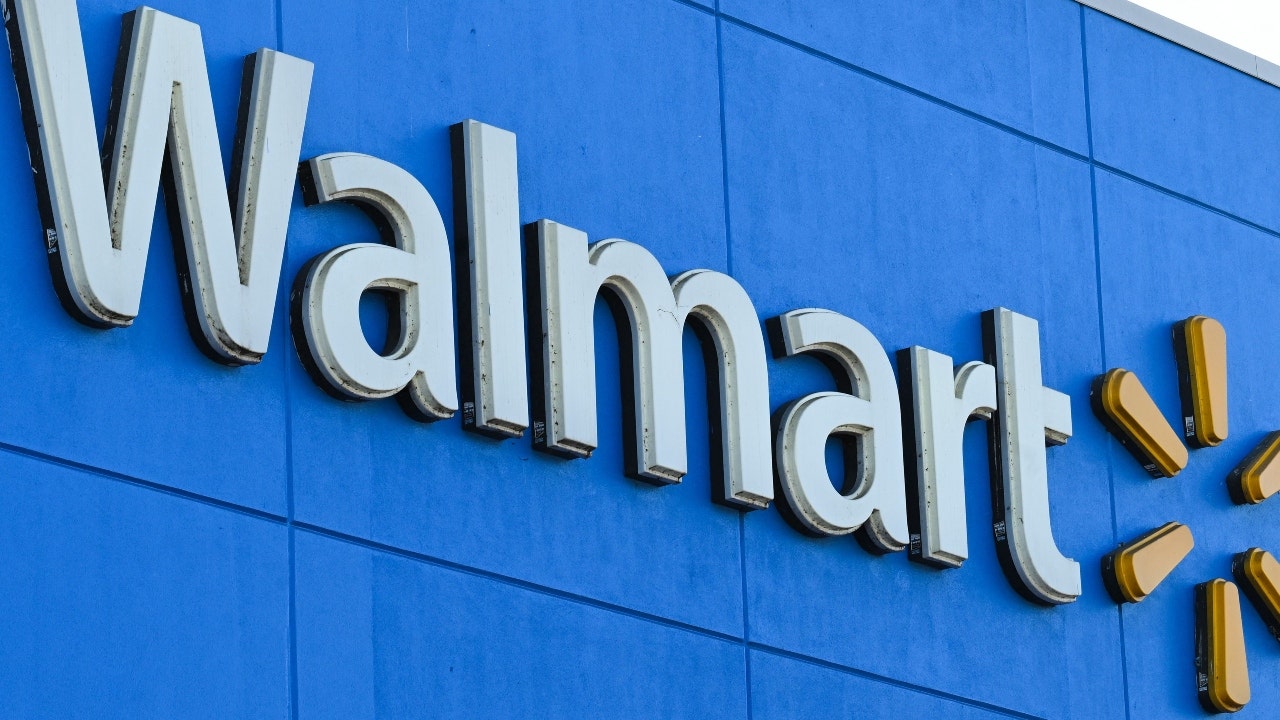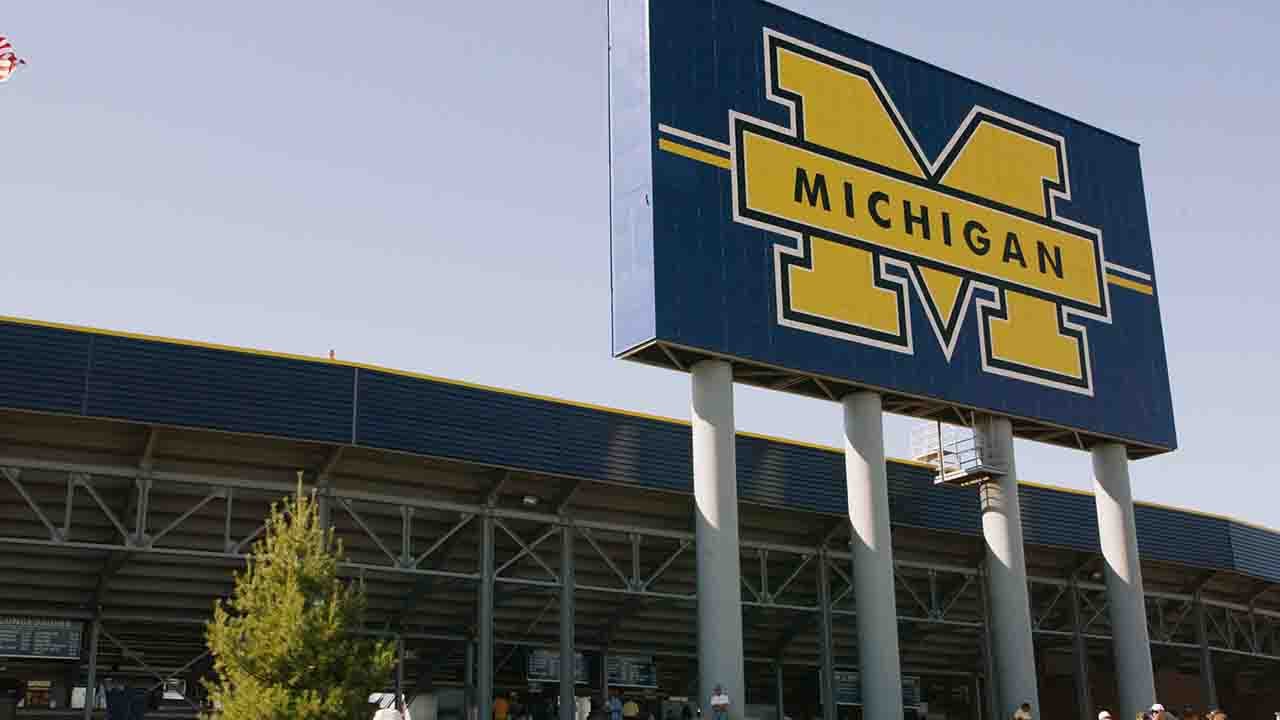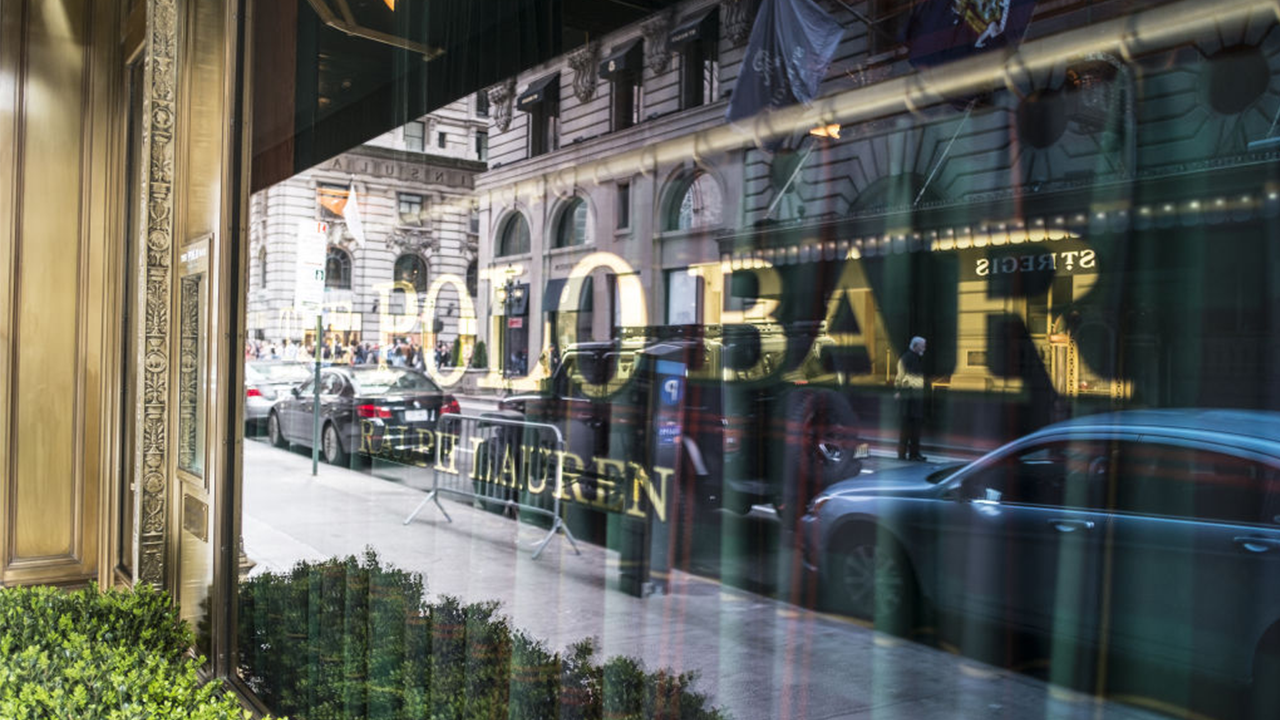Ann Arbor, Michigan, ranks as the top city for Gen Z professionals, according to a new survey by RentCafe.com — an apartment search platform that evaluated 264 U.S. metros.
The study narrowed the list to 122 metros by excluding cities with populations under 300,000 or lacking sufficient data. Rankings were based on key Gen Z priorities like affordability, culture, diversity, environment, and overall livability.
“We put together this list to help Gen Z grads find cities that offer a balance between rewarding work and a good life,” wrote Mihaela Buzec, the report’s author.
IS GEN-Z ‘STARTING TO WAKE UP’ TO TRADE SCHOOL PROGRAMS? ONE TECH INSTITUTE LEADER HOPES SO
Metrics included the share of Gen Z residents, education levels, unemployment changes, income and job growth, and a composite livability index that factored in socioeconomics, community dynamics, and quality of life.
“Ann Arbor takes the top spot with its college-town appeal and competitive job market,” the report noted. The city is home to the University of Michigan, which drives a steady influx of young talent and cultural activity.
NEW REPORT SHOWS BLUE CITIES’ LOW QUALITY OF LIFE DOES NOT JUSTIFY THE PRICE TAG
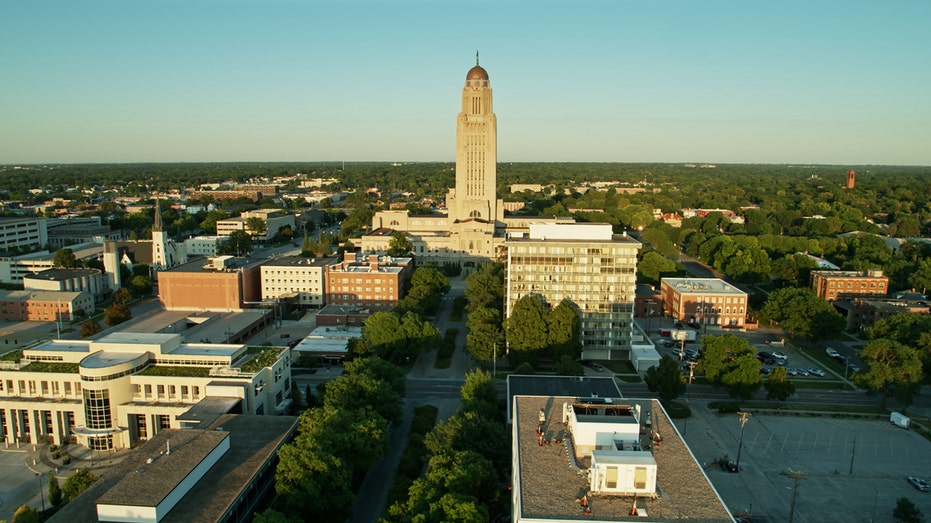
Lincoln, Nebraska, and Des Moines, Iowa, followed closely behind. The report highlighted a trend of Gen Z professionals favoring smaller, affordable cities with strong economic foundations and university presence.
“We see the shift in Gen Z’s preferences from the large urban centers to more livable and affordable destinations,” the report stated.
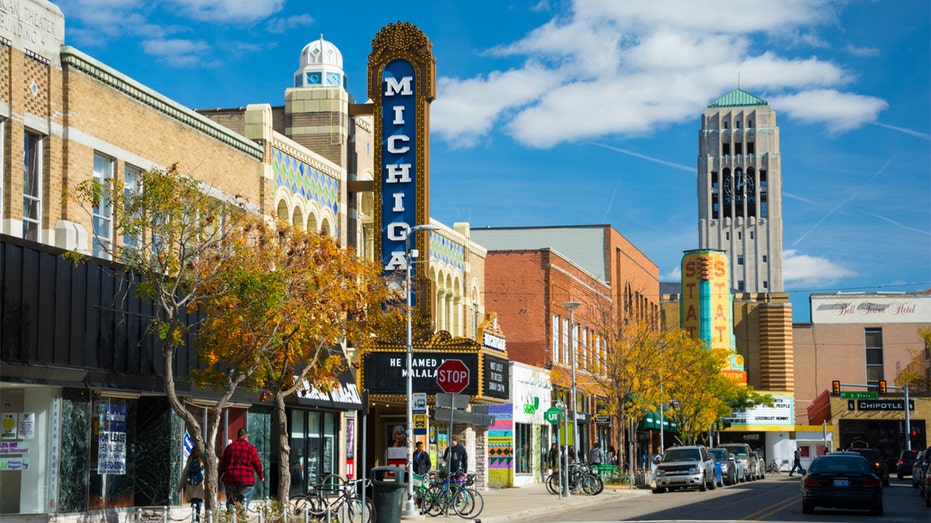
RentCafe.com told FOX Business that among the 122 metros that ranked at the bottom were El Paso, TX; McAllen, TX; Memphis, TN; Stockton, CA; and Lafayette, LA.
“These metros ranked at the bottom of the list not necessarily because they are lacking opportunities, but because they do not align with the core values of Gen Z, especially regarding livability factors and the industries that drive the job market,” according to Mihaela Buzec, a senior writer and researcher.
“Specifically, we can look at metros such as Bakersfield (#116), Modesto (#115), or Beaumont (#114), where the main hiring industries are agriculture, oil and gas, or logistics and manufacturing, not the typical industries that Gen Zs orient themselves to,” Buzec said.
Buzec explained further that Gen Zs prefer communities that “offer a high quality of life, with frequent cultural events, diverse entertainment options, and walkable areas,” which many of the metros that ranked low lacked.
“For instance, McAllen, TX, and El Paso, TX, had the two lowest scores for the livability composite index in our analysis (#122 and #121). One key demographic metric that also influenced this positioning is the lower percentage of highly educated Gen Zs from the total young adult population, meaning there is no large driving force for change at the moment in these specific metros,” Buzec said.
Read the full article here




